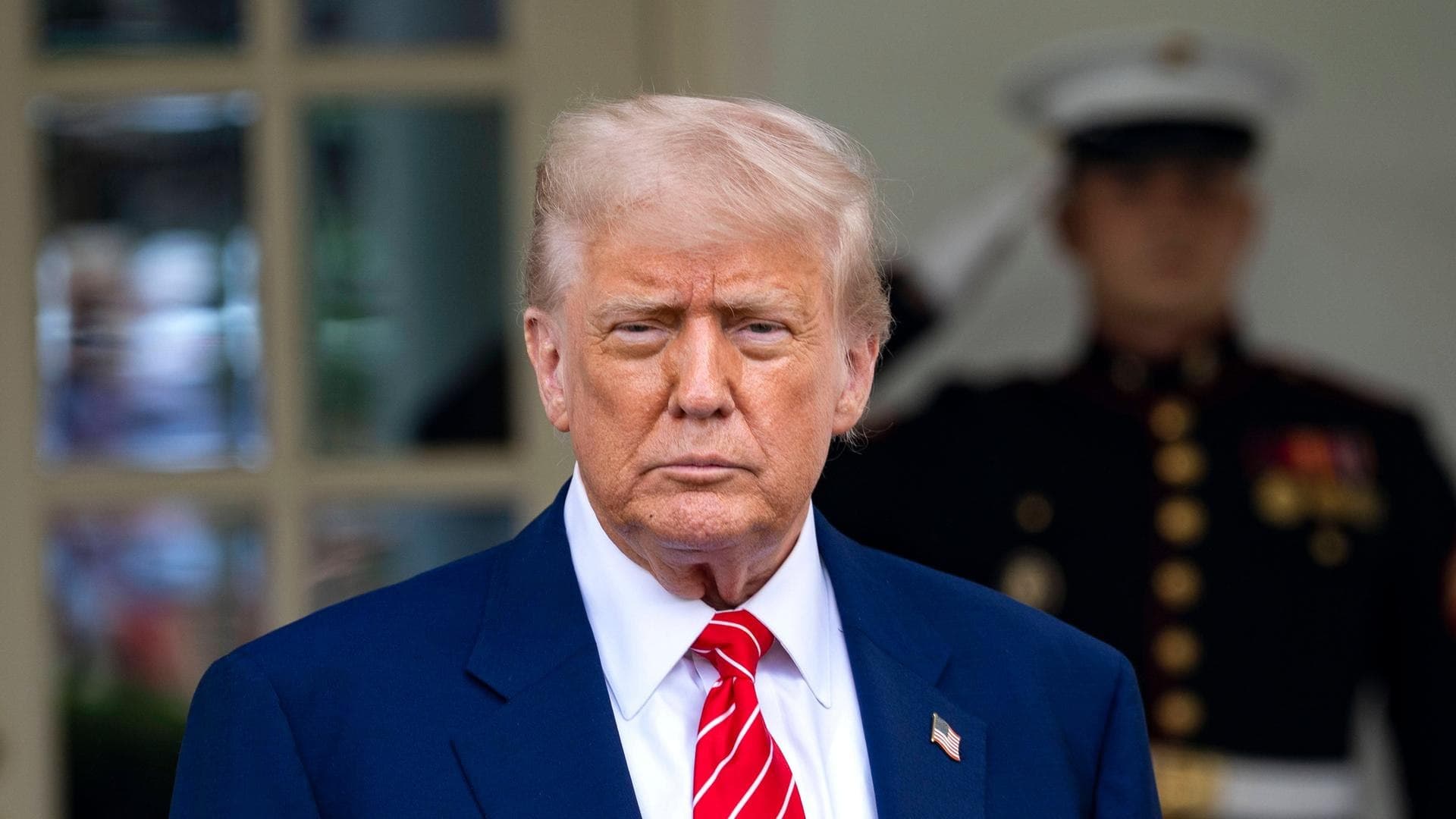BREAKING: US President Donald Trump has made a bold statement linking energy prices to the ongoing conflict in Ukraine, suggesting that a decrease in oil prices could lead to a reduction in violence perpetrated by Russian President Vladimir Putin. In a recent press briefing, Trump emphasized, "If energy prices go down, Putin will stop killing people. I"m not worried about oil prices." This assertion brings to light the complex interplay between global energy markets and geopolitical tensions.
Background & Context
The ongoing war in Ukraine, which began with Russia"s aggressive invasion in February 2022, has prompted significant international response, including sanctions against Russia and military support for Ukraine. Energy prices have been a critical factor in this conflict, as Russia relies heavily on oil and gas exports to finance its military operations. As the world grapples with rising energy costs following the invasion, the economic implications of these prices extend far beyond national borders, influencing diplomatic strategies and humanitarian concerns.
In this context, Trump"s comments resonate with a growing sentiment among some policymakers and analysts who believe that reducing dependence on Russian energy could weaken Putin"s military capabilities. The U.S. and its allies have been exploring various avenues to stabilize energy prices, including increasing domestic production and seeking alternative sources of oil and gas. The potential for lower energy prices to influence Putin"s actions adds another layer to the already complex geopolitical landscape.
Key Developments
Trump"s remarks come at a time when energy prices have been fluctuating due to various factors, including OPEC"s production decisions and the ongoing conflict in Ukraine. The former president"s assertion that lower oil prices could directly impact Putin"s military aggression is both provocative and contentious. Critics argue that the relationship between energy prices and military action is not so straightforward, pointing to the multifaceted motivations behind Putin"s decisions.
In related coverage, recent developments in global energy policy have seen countries like Israel ramping up their military readiness amid shifts in geopolitical alliances. For instance, Israeli Defense Minister Promises Swift Military Action Post-Policy Decisions highlights the urgency with which nations are responding to evolving threats, further complicating the energy-military nexus in global politics.
Broader Impact
Experts suggest that Trump"s comments reflect a broader understanding of how energy dynamics can influence international relations. The link between energy prices and military aggression is not new; historically, nations have leveraged their energy resources as tools of power. For example, during the 1973 oil crisis, Arab nations used an oil embargo as a political weapon, showcasing how energy resources can be intertwined with geopolitical strategies.
The ramifications of high energy prices extend into domestic policy as well. Rising fuel costs have led to increased inflation rates, affecting everyday Americans and prompting calls for economic reforms. As policymakers navigate this dual challenge of managing energy costs while addressing national security concerns, the discourse around energy independence has gained renewed urgency.
What"s Next
Looking ahead, the implications of Trump"s statements could influence both domestic and international energy policies. The Biden administration continues to explore options to stabilize energy markets, including negotiating with oil-producing nations and investing in renewable energy technologies. The potential for lower energy prices to affect Putin"s decision-making could lead to renewed diplomatic efforts aimed at conflict resolution in Ukraine.
As the situation develops, observers will be closely monitoring whether energy prices indeed have a tangible impact on the conflict. The interconnectedness of energy, economics, and military strategy underscores the importance of a cohesive approach to foreign policy. With the world watching, the unfolding narrative around energy prices, military action, and international diplomacy will remain a focal point of global political discourse.



![[Video] Gunfire between Iraqi security forces and Sadr militias in Baghdad](/_next/image?url=%2Fapi%2Fimage%2Fthumbnails%2Fthumbnail-1768343508874-4redb-thumbnail.jpg&w=3840&q=75)
